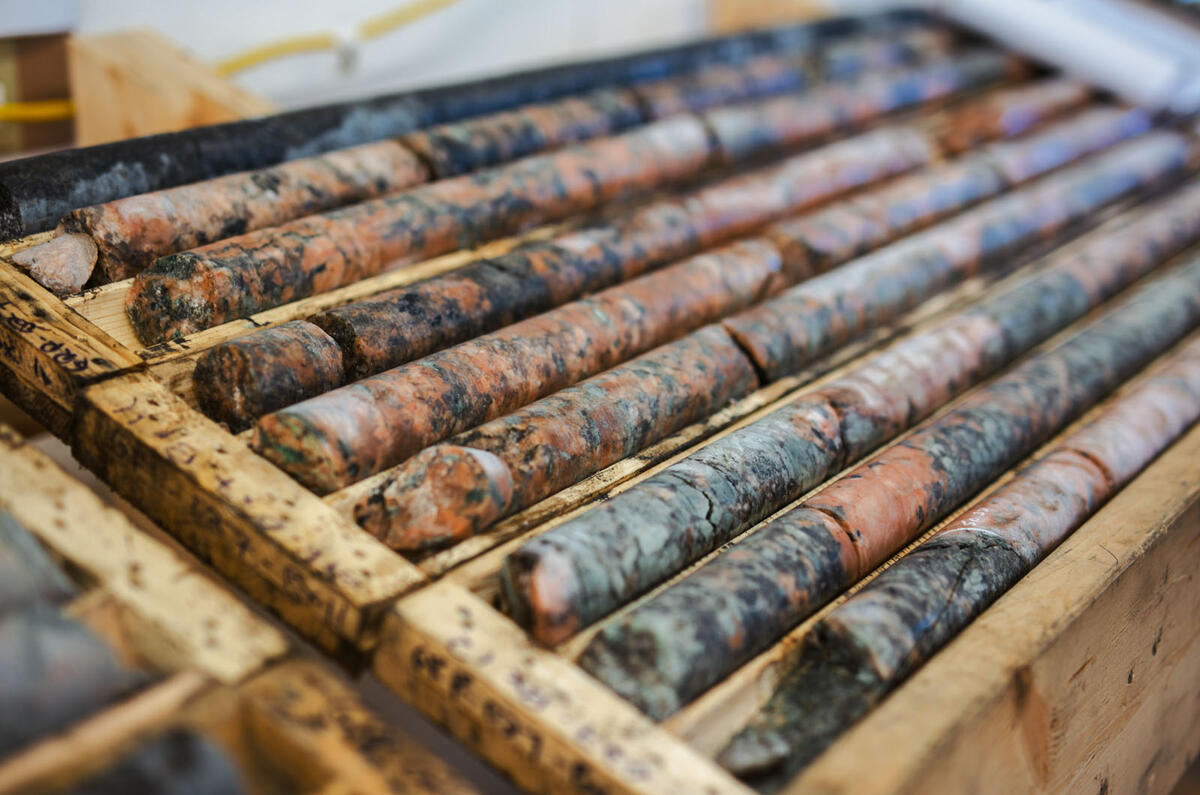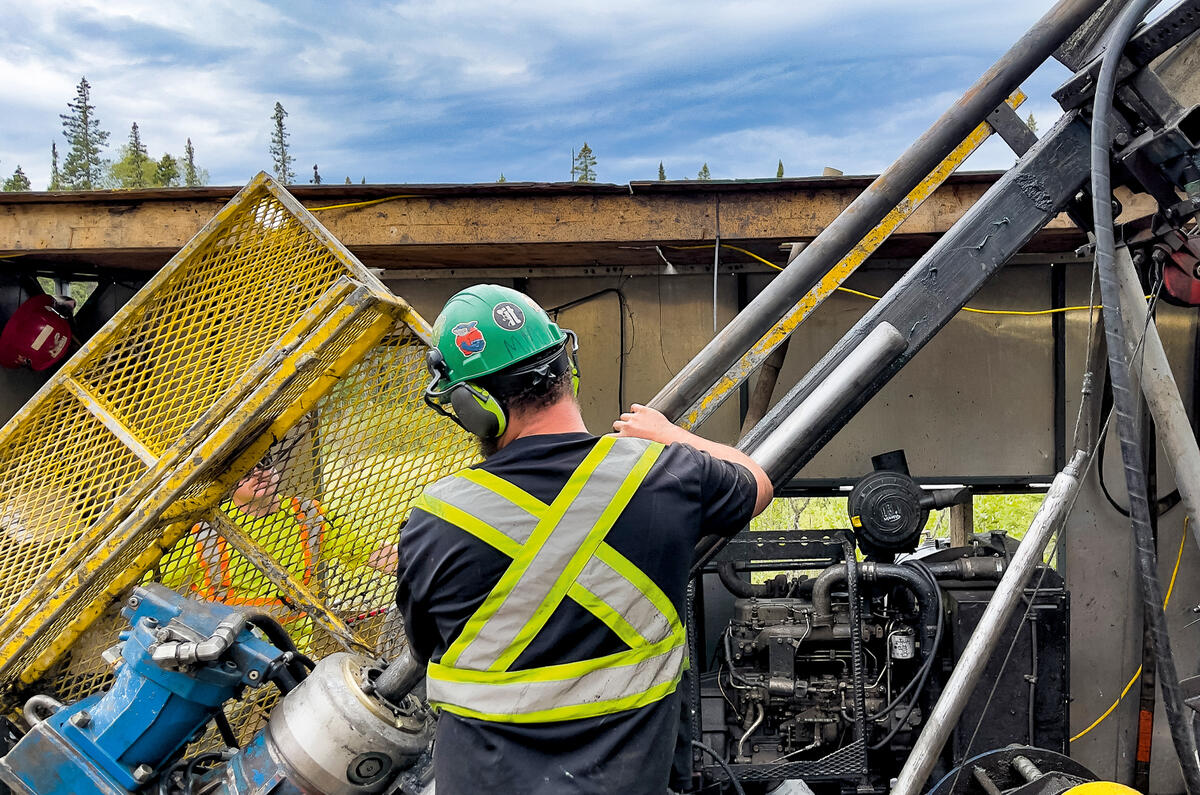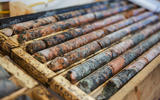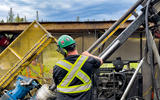Canadian mining firm Snow Lake Lithium has said its newly established mine in Manitoba could play a pivotal role in supporting the North American vehicle manufacturing industry’s shift to electrification.
Claiming to have explored just 1% of its 55,000-acre site, the firm estimates it will be able to extract 160,000 tonnes of 6%-lithium spodumene, which could quickly be transported to key production facilities via the Arctic Gateway railway – potentially saving thousands of tonnes in CO2 emitted by road and sea haulage.







Add your comment